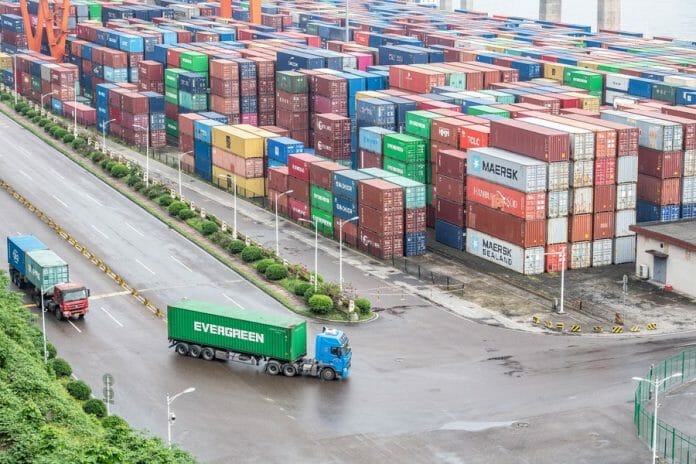Fitch Ratings’ analysis suggests that economies in the Asia-Pacific and commodity exporters would be particularly affected by a severe economic growth shock in China. There would also be a significant dampening effect on international price pressures.
The conclusions are based on internal economic modelling, based on the Oxford Economics Global Economic Model, and reflect a shock that is similar to the headline assumptions used in its recent report analysing the impact of a severe China growth shock on Chinese issuers.
Commodity Exporters Exposed
The analysis sees vulnerabilities in APAC markets that have strong economic linkages with China, including Vietnam, Korea, Taiwan, Hong Kong, Malaysia and Singapore. Korea, Taiwan and Vietnam would see real GDP growth that is 1.5pp-1.7pp slower in 2025 than under our baseline assumptions, while it would be between 1pp and 1.5pp slower in Singapore, Malaysia and Hong Kong.
Fitch said its modelling suggests Middle Eastern energy exporters, such as Bahrain, Kuwait, Iraq, Qatar and Oman, would also see a significant downward impact on real GDP growth. Other commodity producers with exposure to Chinese demand would also be hit, including Peru, Zambia, Chile, Australia and Indonesia.
Developed markets outside APAC are generally less affected, though some European countries with large export exposure to
China, such as Germany, could see a fall of more than 0.5pp in real GDP growth in 2025 compared with our baseline assumptions.
Price Effects to be Significant
Under the stress scenario, more subdued Chinese demand would result in markedly lower global commodity prices, particularly for oil and metals. This would cool global inflationary pressure, opening up room for more monetary easing in some economies. Brent crude prices would be about 15% lower over 2024-2025 on average, compared with baseline assumptions. World metal prices would be over 20% lower on average, compared with our latest projections, over the same period.
Sovereign Rating Pressures Would Vary
The main impact of the scenario on ratings is likely to be felt by lowrated sovereigns that face tight external financing constraints and have a high dependence on Chinese commodity demand. Some commodity importing economies could see external liquidity strains ease, benefiting credit profiles, with lower commodity prices more than offsetting the effect of weaker Chinese demand.
Rating effects under the scenario would also be influenced by other factors, including sovereigns’ headroom at their current rating levels and governments’ fiscal responses to the China slowdown.









